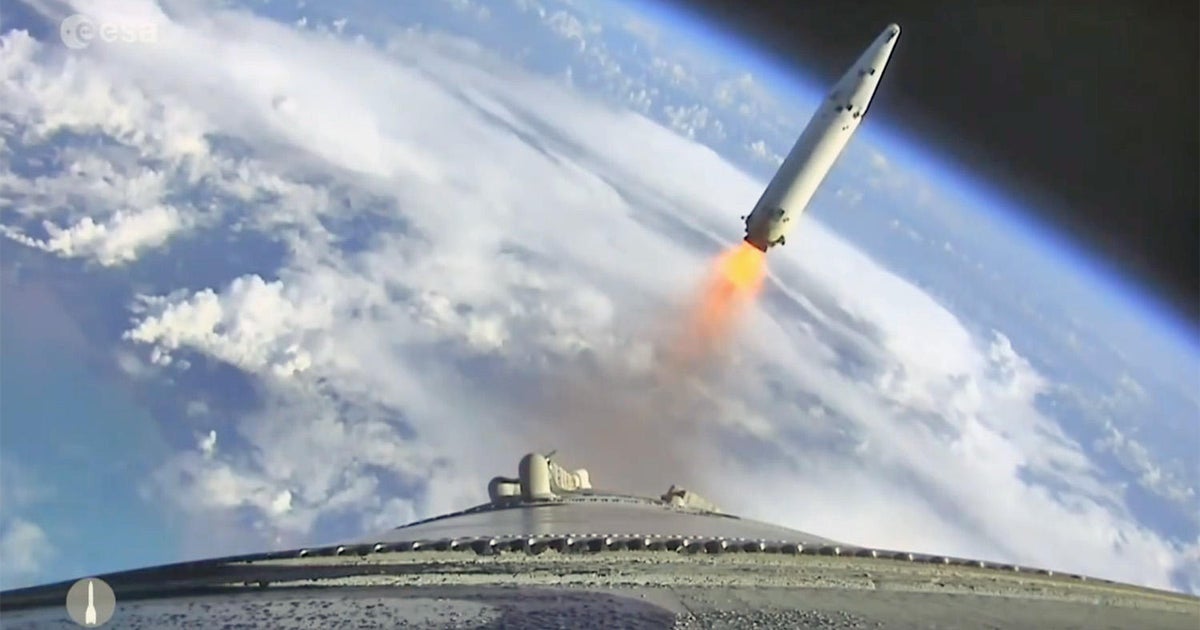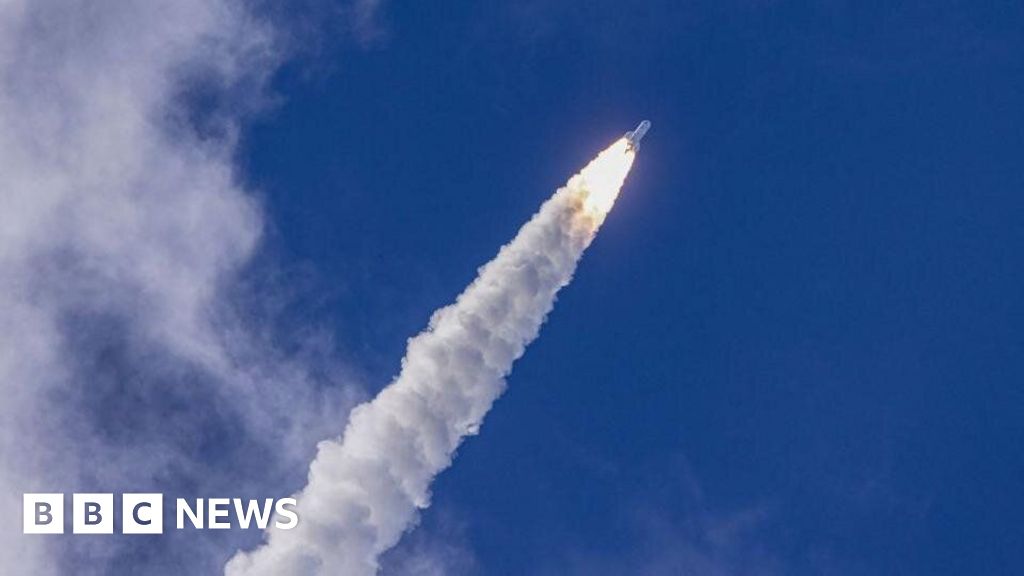
Europe's Ariane 6 Rocket Launches on Maiden Mission, Experiences Anomaly
Europe's long-awaited Ariane 6 rocket blasted off from the European Space Agency's (ESA) jungle launch site in French Guiana on its maiden mission to re-establish independent European access to space.
The Ariane 6, designed as a workhorse rocket, is critical for European governments and companies. It is expected to operate in two configurations (62 and 64) to lift medium and heavy satellites respectively. The core stage of the rocket is supplemented with a second or upper stage that can be stopped and restarted multiple times for launching large batches of satellites into a constellation or network.
The maiden flight marked an important milestone for Europe's space agencies, which see the Ariane 6 as critical to re-establishing and maintaining their foothold in low-Earth orbit and beyond. The rocket carried multiple small payloads including two experimental re-entry capsules and NASA cubesats.
However, an anomaly occurred around 2 hours and 50 minutes into the flight, preventing the rocket from finishing its mission as expected. Officials at ArianeGroup, the French aerospace company that built the rocket, are currently analyzing data to determine what went wrong.
Despite this setback, Europe's space agencies remain optimistic about future launches. The European Space Agency's (ESA) Josef Aschbacher expressed his confidence in the Ariane 6 program and stated that it is perfectly on track to make a second launch this year.
The Ariane 6 rocket was developed at a cost of €4bn ($3.4bn).



